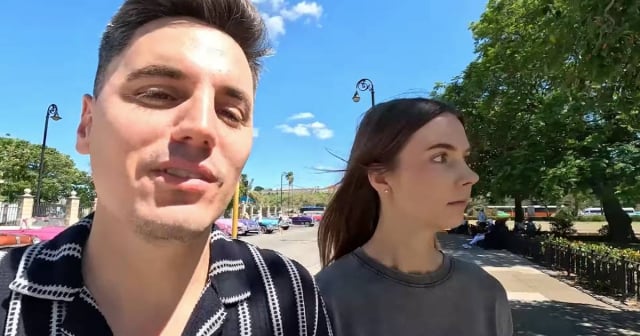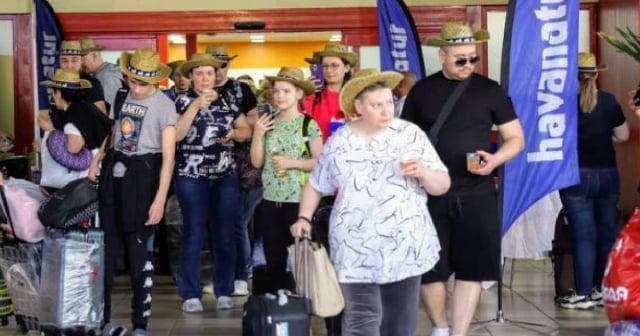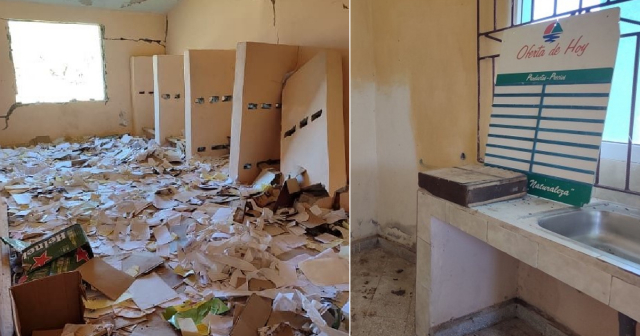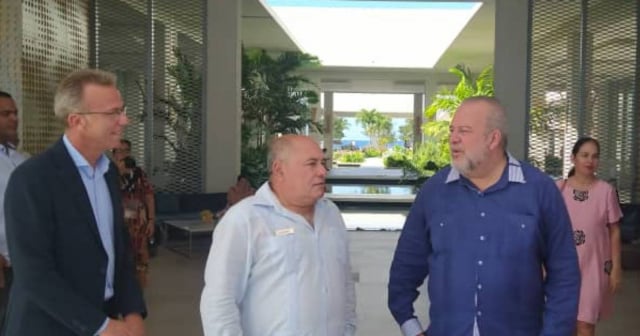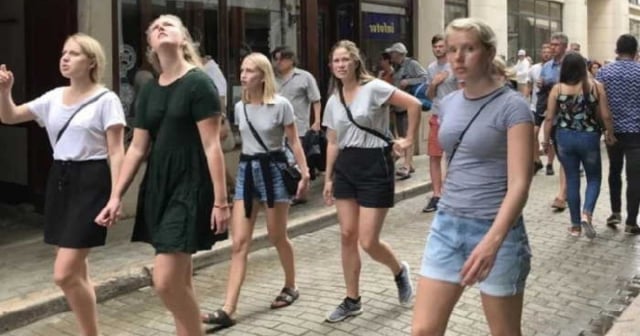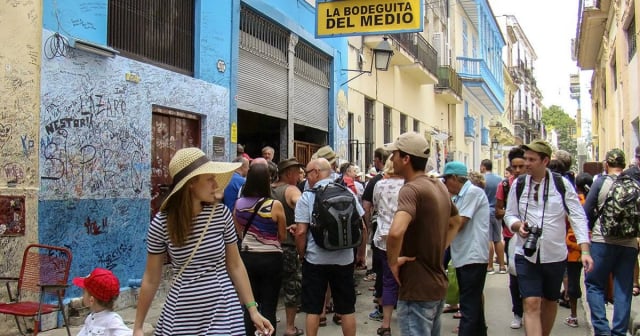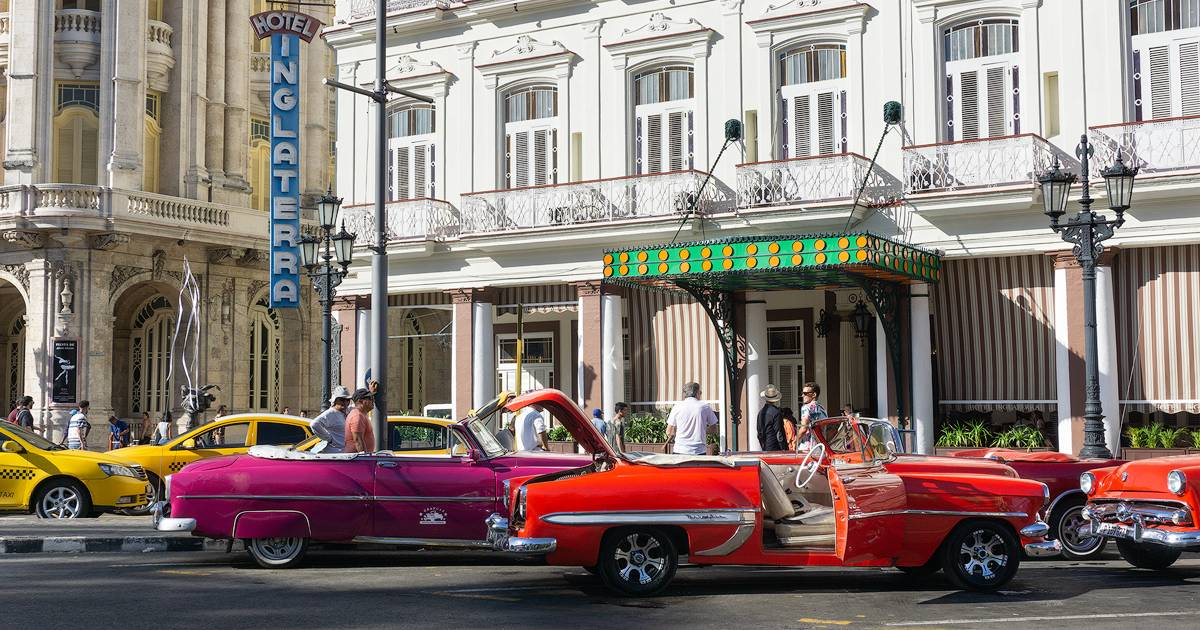
The Government of Cuba said that it plans to receive in 2023nearly three million foreign visitors in the country.
The Cuban Minister of Tourism,Juan Carlos García Granda, took advantage of ameeting with the press at the World Travel Market tourism fair in London this Tuesday, to announce that the country is prepared to increase the arrival of visitors.
He commented that in 2022, traveler arrivals increased by 250% compared to 2021. He pointed out the data as an achievement, despite the fact that the period he took as a reference was marked by a profound decline in tourism due to the coronavirus pandemic.
García commented that the priority of the Cuban government in 2023 will be to "rescue the greatest number of visitors" so that they, with their contributions, "contribute to the economic reactivation" of the country.
This was also theplan of the Ministry of Tourism in 2022. Hegovernment invested large sums of money in restoring hotels, airports, creating more accommodation capacities because they wanted to reach 2.5 million tourists, but they will not meet what was projected.
So far they have only been received in Cuba this year1.2 million visitors. In October, Mintur had to recognize the failure to comply with its plan and readjust it to 1.7 million by the end of 2022.
"It is not everything we would have wanted, but the restrictions that had to be maintained on the arrival of countries until Aprildid not allow sufficient confidence in the issuing markets"said the minister and assured that the months of "November and December will be good" for tourism in Cuba.
He did not mention that one of the main markets for tourists to Cuba, Russia, is in the middle of awar against Ukraine, an aspect that directly affected the arrival of travelers from the region to the Caribbean island.
García pointed to the United States government as responsible for part of the non-compliance with the 2022 plan, accusing it ofhinder tourism development in Cuba because it restricts entry into its territory to people who have been on the island.
"Now they are conditioning that any citizen who visits CubaYou do not have the right to enter the United States with the electronic tourist visa, but you have to go to the US consulate or embassy to obtain another one," García criticized.
The minister was questioned by the foreign press about the Cuban energy crisis and how blackouts of more than 12 hours can affect service to travelers. He responded that this is something the government "works very hard" to resolve and that these blackouts "they do not harm tourism".
"The private and state network that is dedicated to tourism activity prepares for energy contingency situations with emergency generator sets or photovoltaic cells, because we also have environmental objectives," García commented.
On this topic, he touched a little more on the lives of Cubans and assured that tourism will contribute to improving the situation of blackouts.
"Tourism serves toreactivate thermoelectric plants, forbuy more food, to provide raw materials to producers, togive more well-being and quality of life for the people in general. You already know that Cuba is a socialist State, which has a lot of social justice, such as free public health and education, andthat has a cost"he commented.
Then the business commitment between the Cuban government and Spanish hotel chains, such as Iberostar, Barceló or Meliá, was positively referred to.
"The hotel chains are really very brave, they demonstrate their independence, their values as human beings and above all, in addition to establishing a business, they do so with the honesty of not accepting the pressures that are probably put on them from the United States, pressures that go to the family environment, since they are also prohibited from visiting that country," he said in direct reference to aspects of the economic embargo.
In the midst of the deep crisis, where Cubans do not have food, medicine, nor in many cases can they cover their basic needs, García said that the hook that the government will use to attract more tourists to the country is the people themselves.
He assured that despite the blackouts, people "do not lose their smile, they do not lose their solidarity" and "they share what they have, not what they have left over." He added that the next tourism campaign in Cuba will be called "Cuba, unique", and which will be dedicated to simple people and great personalities of national culture.
What do you think?
COMMENTFiled in:

